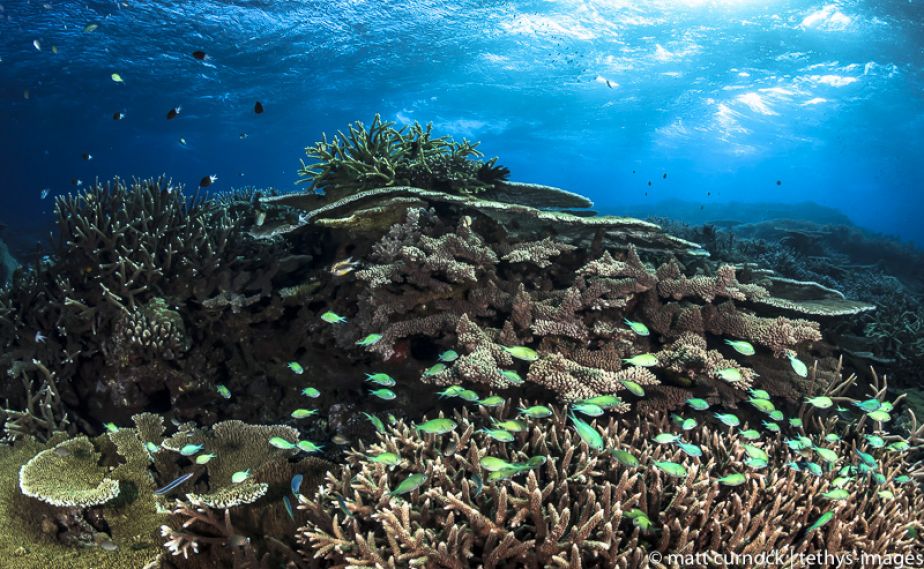Media Releases
JCU casts wide net for ideas to help restore the Great Barrier Reef

James Cook University scientists are seeking the best ideas from around the world to find ways to help repair the Great Barrier Reef (GBR).
As coral cover in the Great Barrier Reef continues to degrade, pressure is growing for direct interventions to assist the recovery of corals at significant sites.
A range of coral restoration and assisted recovery techniques have been trialled overseas, however there has not been an evaluation of what will work best in GBR conditions.
The first step of the project is a global review of what has worked elsewhere. Dr Ian McLeod from JCU’s Tropical Water & Aquatic Ecosystem Research Hub and Dr Adam Smith from Reef Ecologic are co-leading the project.
Dr McLeod said the project is focused on local-scale restoration and assisted recovery techniques such as algae removal, coral larval enhancement, reattaching broken coral after disturbances and coral transplanting.
“We don’t want to reinvent the wheel, so we’re going to be looking at what’s already being done globally in a practical sense to help coral reefs. At the same time, we’ll be keeping an open mind and taking a hard look at emerging technologies and novel ideas.”
“One major difference between this and other scoping studies is that we will assess grey literature – information that has not come through traditional academic channels – such as websites, videos and other online content and directly survey the people leading restoration projects. We want to look at every option and make sure nothing is missed,” he said.
So far, the team has reviewed over 200 separate case studies of coral restoration, with at least 200 to go. These will be compiled into a comprehensive review of the current state of knowledge and translated into best practice guidelines.
The large-scale project is being assisted by The Nature Conservancy and the US National Ocean and Atmospheric Administration as founding members of the newly formed Coral Reef Consortium.
JCU’s Dr Lisa Boström-Einarsson is an investigator on the project, leading the review of coral restoration methods. “It’s important to us that the outcome of the project is useful to reef managers, the tourism industry and restoration practitioners. In addition to scientific publications, we want to create a set of online tools and resources that shares what we have learned about coral restoration methods with the wider community,” she said.
Dr Adam Smith, from Reef Ecologic, who is co-leading the project, said once promising programs are identified, they will be rigorously tested on the GBR.
“Some people ask how local restoration addresses the wider issue of climate change-induced effects on coral. It’s vital that we both address global climate change and take small local actions to improve reef health and stewardship,” Dr Smith said.
This project is a supported through funding from the Australian Government’s National Environmental Science Program. The research is being conducted within the Reef Restoration and Adaptation Program, a partnership of Australian universities, research agencies, park managers and charities.
Take our online survey
Reef Ecologic images of restoration work here.
General reef images here.
All images are provided for use in conjunction with this release only. They must display the embedded watermark and are not for re-use or archiving. Copyright remains with the people or organisation credited on the image.
Dr Ian McLeod
P: 07 4781 5474
E: ian.mcleod1@jcu.edu.au
Dr Adam Smith
P: 07 4781 5474
E: adam.smith@reefecologic.org